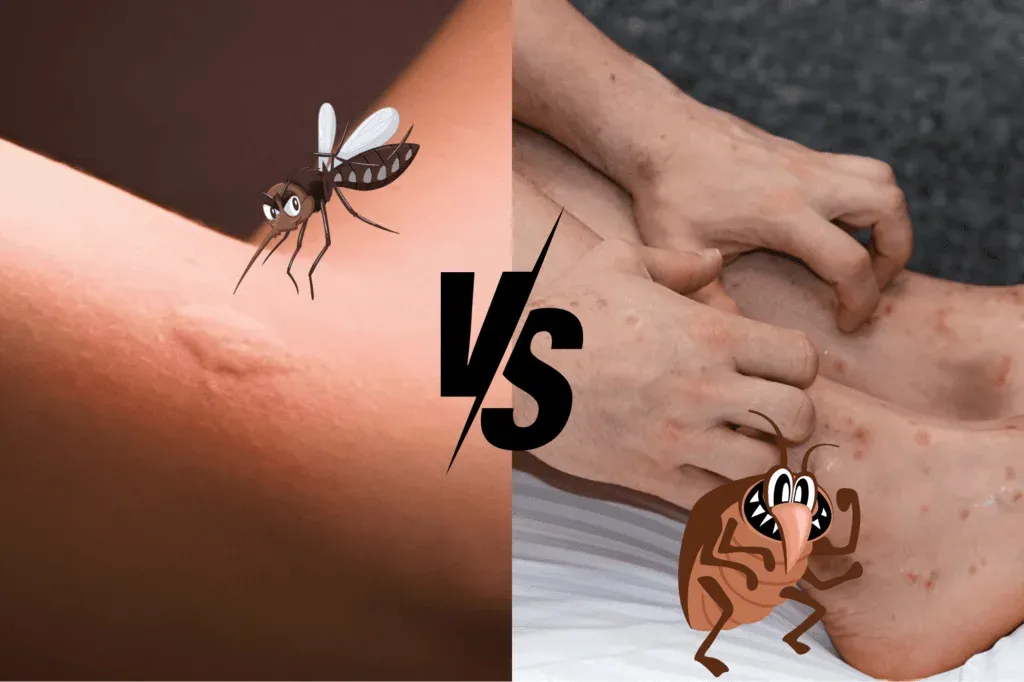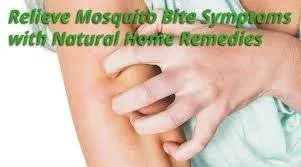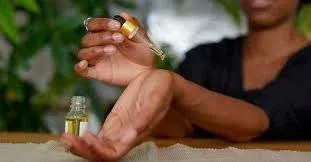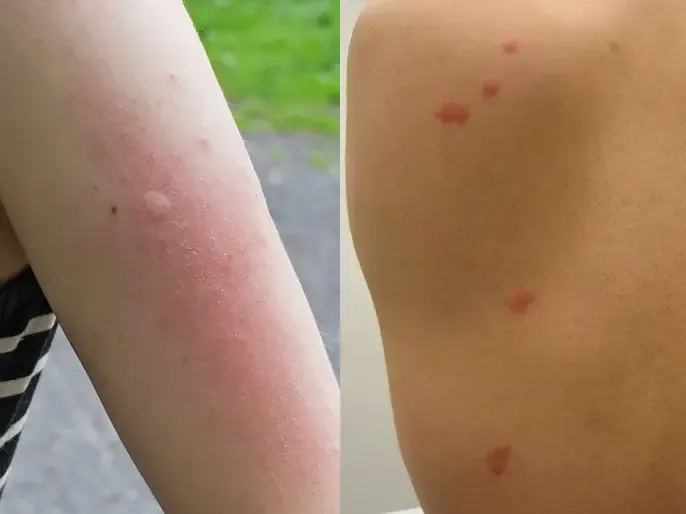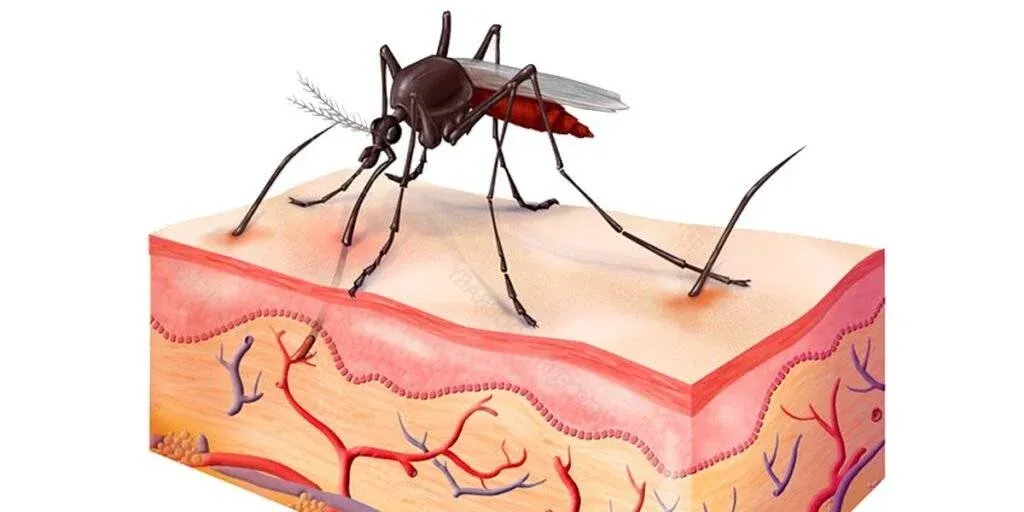Everyone has experienced the irritating itch of a mosquito bite, but few stop to think about what is happening beneath the skin. The swelling, redness, and itchiness are part of a natural immune response to mosquito saliva. By understanding mosquito bite reaction stages, you can better manage symptoms, prevent complications, and know when medical care is necessary. This article breaks down the process step by step and provides useful remedies along the way.
Stage 1: The Bite Itself
A mosquito bite begins when the insect pierces the skin with its proboscis. During this process, the mosquito injects saliva containing proteins that prevent blood clotting. This saliva is the trigger for your body’s immune response. Although painless at first, this is the earliest of the mosquito bite reaction stages that sets everything in motion.
Stage 2: Immediate Skin Response
Within minutes, your skin begins reacting. The body recognizes mosquito saliva as a foreign substance, releasing histamines to fight it off. Histamines cause blood vessels to widen, leading to redness and a small raised bump. This is why mosquito bite reaction stages often start with visible swelling in the first 10 to 15 minutes.
Stage 3: The Itching Phase
Perhaps the most frustrating part of the mosquito bite reaction stages is the itching that follows. Histamine release also irritates nerve endings, which triggers the itchy sensation. Scratching provides temporary relief but can worsen inflammation and potentially break the skin, increasing infection risk.
Stage 4: Swelling and Inflammation
Over the next several hours, swelling intensifies around the bite site. The skin may appear red, warm, and slightly puffy. In sensitive individuals, swelling can extend beyond the initial bite area. This is one of the mosquito bite reaction stages where care is especially important—applying a cold compress, aloe vera, or an anti-itch cream can ease discomfort.
Stage 5: Peak Symptoms (24 to 48 Hours)
Most mosquito bites reach their peak reaction within one to two days. The bump may grow larger, remain itchy, and feel tender. This stage varies depending on the person’s sensitivity. For people with stronger immune responses, mosquito bite reaction stages can include larger welts or blisters, a condition known as skeeter syndrome.
Stage 6: Healing Process
After about three to four days, swelling usually begins to subside. The bump flattens, redness fades, and itching decreases. The mosquito bite reaction stages at this point are more about repair than defense. New skin cells begin replacing damaged tissue, and the body reduces histamine activity.
Stage 7: Complete Recovery
Most mosquito bites heal completely within a week. For some, faint marks or dark spots remain due to post-inflammatory hyperpigmentation, especially on sensitive skin. This final step in the mosquito bite reaction stages is a return to normal, but proper aftercare ensures the skin heals smoothly without scarring.
When to Worry About Complications
Although typical mosquito bite reaction stages are harmless, complications can arise:
Infection: Excessive scratching may introduce bacteria, leading to pus, pain, or spreading redness.
Allergic Reaction: Large welts, difficulty breathing, or dizziness require immediate medical help.
Mosquito-borne Illnesses: Symptoms like fever, joint pain, or rash could indicate diseases such as dengue or malaria.
Recognizing abnormal signs is just as important as knowing normal mosquito bite reaction stages.
Tips for Managing Reactions
Apply cold compresses to reduce swelling.
Use calamine lotion or hydrocortisone cream to relieve itching.
Take an oral antihistamine if symptoms are strong.
Avoid scratching to prevent infection.
Keep bites clean and covered if necessary.
Preventing Future Bites
The best way to avoid mosquito bite reaction is to prevent bites altogether:
Use insect repellents with DEET, picaridin, or natural oils like lemon eucalyptus.
Wear long sleeves and pants in mosquito-prone areas.
Install mosquito nets and window screens at home.
Remove standing water where mosquitoes breed.
Conclusion
Mosquito bite reaction may feel like a simple annoyance, but they represent a fascinating immune defense mechanism. From the first injection of saliva to the final healing phase, your body works hard to protect itself. By understanding these stages, you can treat bites effectively, recognize unusual symptoms, and take preventive measures to avoid them in the future.

